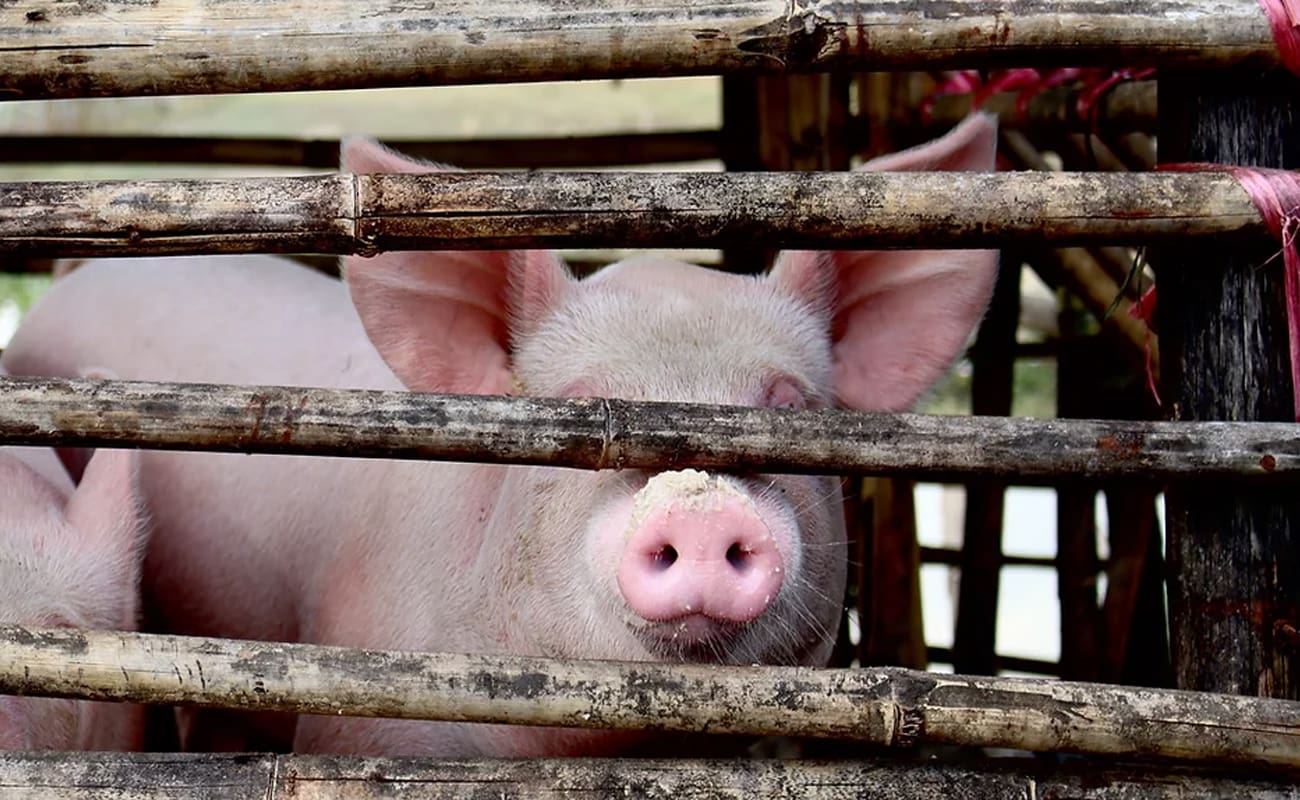This category highlights the pivotal role that personal choices play in shaping a more compassionate, sustainable, and equitable world. While systemic change is essential, everyday actions—what we eat, what we wear, how we speak up—carry the power to challenge harmful norms and influence broader societal shifts. By aligning our behaviors with our values, individuals can help dismantle industries that profit from cruelty and environmental harm.
It explores practical, empowering ways people can make a meaningful impact: adopting a plant-based diet, supporting ethical brands, reducing waste, engaging in informed conversations, and advocating for animals within their circles. These seemingly small decisions, when multiplied across communities, ripple outward and drive cultural transformation. The section also addresses common barriers such as social pressure, misinformation, and access—offering guidance for overcoming them with clarity and confidence.
Ultimately, this section encourages a mindset of conscious responsibility. It emphasizes that meaningful change doesn’t always begin in legislative halls or corporate boardrooms—it often starts with personal courage and consistency. By choosing empathy in our daily lives, we contribute to a movement that values life, justice, and the health of the planet.
The sight of stray animals wandering the streets or languishing in shelters is a heartbreaking reminder of a growing crisis: homelessness among animals. Millions of cats, dogs, and other animals worldwide live without permanent homes, vulnerable to hunger, disease, and abuse. Understanding the root causes of this problem and taking actionable steps to address it can make a profound difference. For every lucky dog or cat who enjoys the warmth of a comfortable home and the unconditional love of a devoted human guardian, there are countless others whose lives are marked by hardship, neglect, and suffering. These animals face unimaginable challenges, struggling to survive on the streets or enduring mistreatment at the hands of incompetent, destitute, overwhelmed, negligent, or abusive individuals. Many languish in overcrowded animal shelters, hoping for the day they might find a loving home. Dogs, often hailed as "man's best friend," frequently face lives of torment. Many …


























































